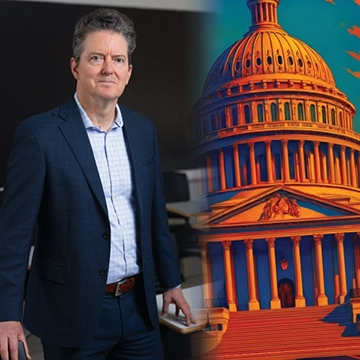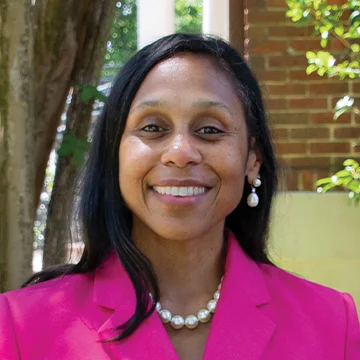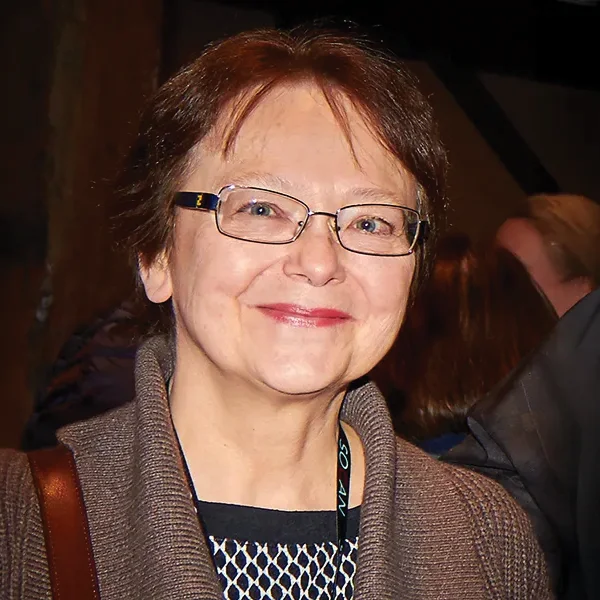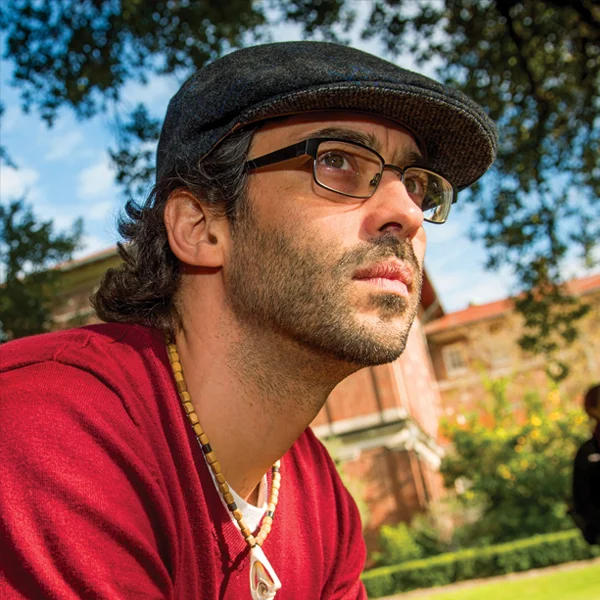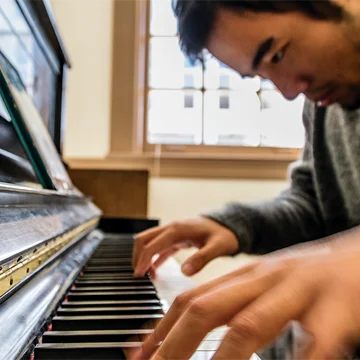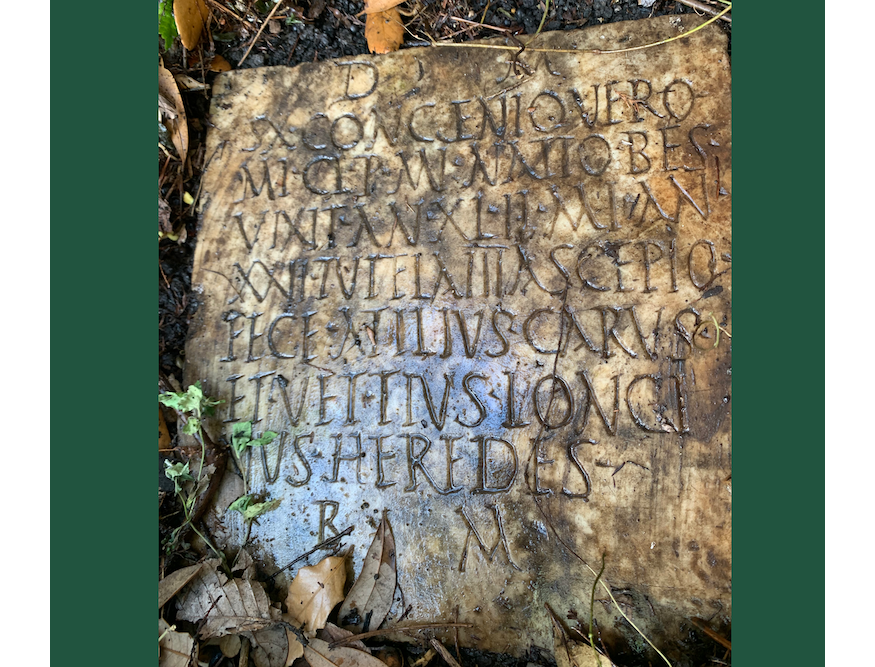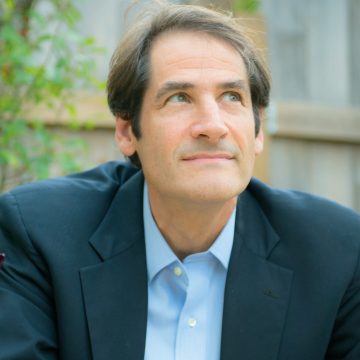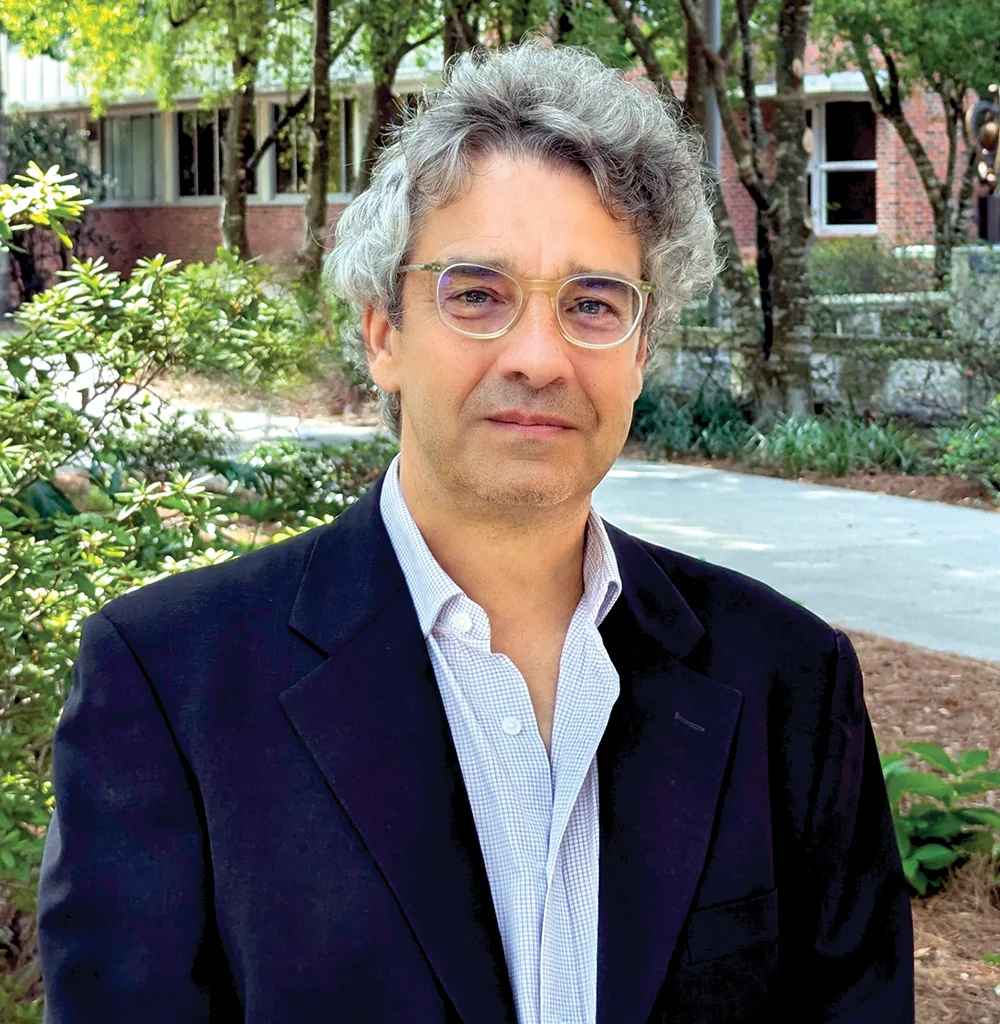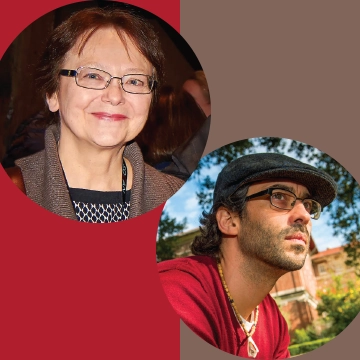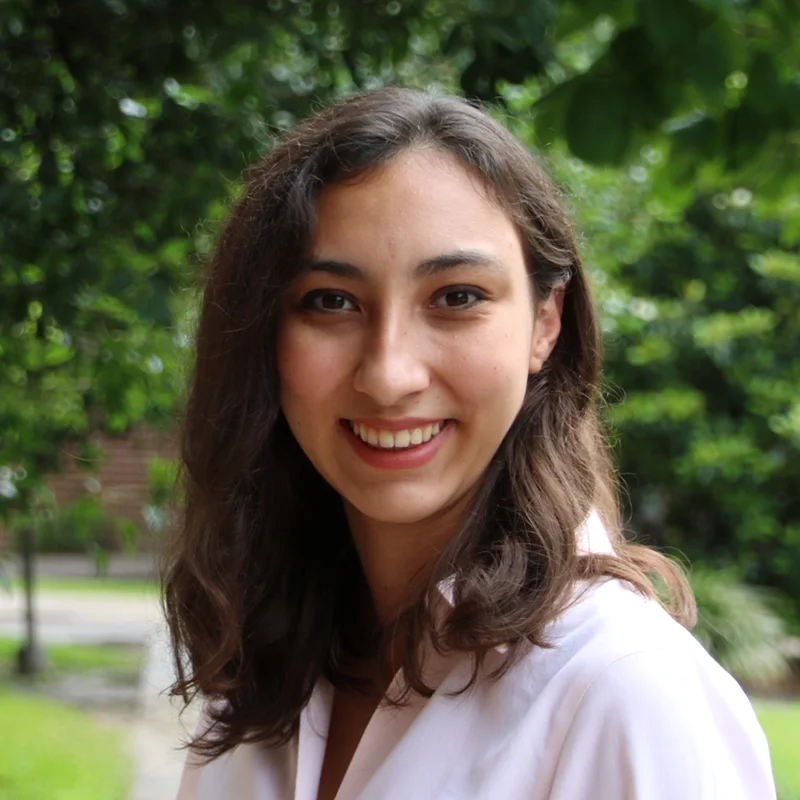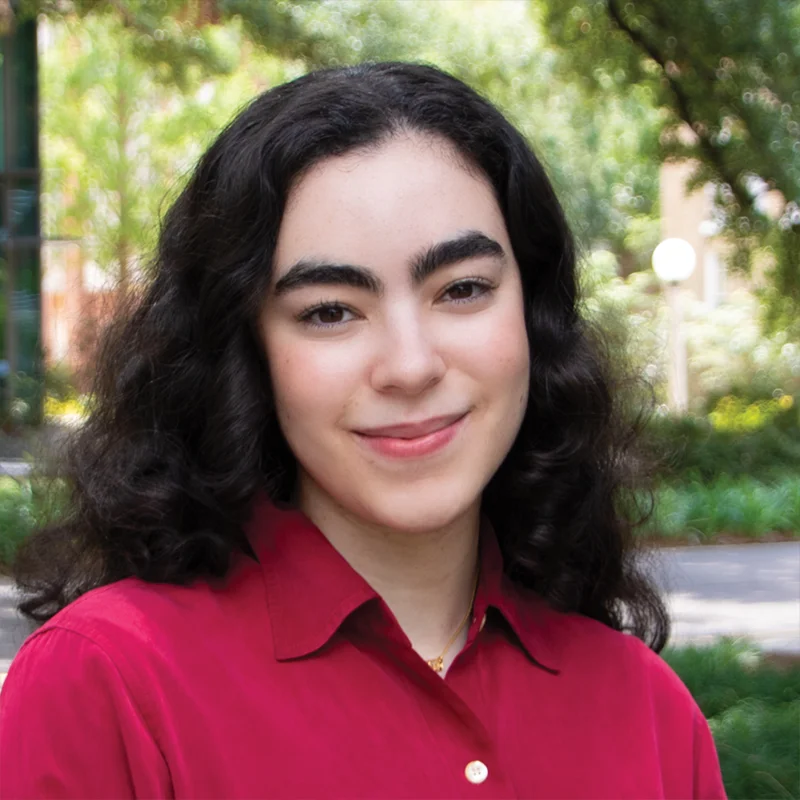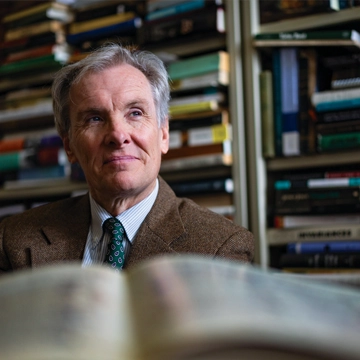Conversation and Emancipation in the Age of AI
Thomas Beller, Director of Creative Writing & Professor, English
Originally published in the 2025 issue of the School of Liberal Arts Magazine
Recently, while doing research on my father’s mysterious immigration from Vienna in 1938, I came across an article about Professor Walter Sokel that appeared in a 1961 issue of the Columbia University Spectator. I first read the article a decade ago, but now some lines that had previously passed unnoticed jumped off the page in ways that seemed to speak directly to contemporary issues facing university education in 2025.
Sokel had been friends with my father and his older brother, Kuno, in Vienna when they were kids living in the 2nd district — the once Jewish neighborhood that sits in the shadow of the Prater and its famous Ferris wheel. Sokel’s family and my father’s family both escaped from Vienna in the immediate aftermath of the Anschluss in March 1938, eventually landing in America. Once their lives were reconfigured here, they stayed in touch. My father became a psychoanalyst. Sokel became a professor of German literature who taught at Stanford, Columbia, and the University of Virginia.
The Spectator article introduces Sokel as a product of the European educational system — the gymnasium — which, he explains, “stresses factual knowledge in a few subjects over discussion. Mathematics and the classical languages are taught by rote from the earliest grades, and become quite mechanical by the end of the studies at the gymnasium.” This was in juxtaposition with the American system, which, he said, “stresses discussion, with the factual knowledge of secondary importance.”
He was referring, specifically, to the humanities courses at Columbia, which were “the last stronghold of the discussion class over the lecture class. In these classes, the instructor not only teaches, he learns.”
Sokel was retired and well into his 90s by the time we began to correspond by letter. I sent him my first book of stories and he responded that the characters reminded him of people he had once known — “complicated people, ambivalent, inward looking and quasi-intellectual, with an oblique relationship to the world” — and said he felt amazed “that the city had sustained that kind of person.”
The gift of a humanities education is that you might be lucky enough to find work that you so want to keep doing.
I had one long, gratifying conversation with him on the phone. To my great irritation, I failed to record it. But I took contemporaneous notes. The most striking detail was his use of the word “emancipation” to describe the effect of arriving in America on him, my father, and uncle, an effect that was much less pronounced for their parents. I did not, at the time, think to ask if this freedom was from the strictures of the gymnasium, or from Jewish life in Vienna, even before the Nazis, or if it was something more fundamental to their generation, who had been freed of the mentality of the Shtetl from which their parents had fled during and after World War I. Even without the specific context, “emancipation” rang out. There are many kinds of freedom — political, financial, and that elusive inner freedom to see oneself, to be in dialogue with oneself, to change.
A quote in the Spectator article that suddenly seemed conspicuous was in connection with Sokel’s opinion that the ideal form of education was a synthesis of the European and American models. “However, the recent advent of IBM machines makes factual knowledge necessary. Professor Sokel hopes that America will not go overboard in its quest for facts.”
Our current preoccupations with automation in the age of AI has a strong parallel to the early computer age, a more primitive form of automation that nevertheless sparked similar anxieties about machines replacing acts of the human, making life more streamlined and efficient. A form of assisted living that deprives us of something essential to our experience of life. A metaphor and reality that have now taken on existential dimensions with the advent of AI in which the player piano no longer just replaces the human hand that plays the music but also the mind that makes it.
The provocation of AI has made me consider what it is I am doing in my classes as a professor of creative writing. The information I impart to students involves contemporary authors they have not previously read or even heard of, as well as my feedback on their own work, for which they have deadlines. “No one is giving you deadlines for creative writing once you leave college,” I tell them. We talk about literature and their own writing. These discussions, moderated but free flowing, seem most valuable of all. But conversation is, all in all, rather slight; if you could weigh it, it would be light as a feather.
And yet, as I get older, and as my own children approach college age, it has dawned on me that for my students, this is it. This is their education. For all the nonsense that accompanies discussions of a college education — how much it costs, how its value can be assessed — what is indisputable is that it’s an important time in life. This is when these young people have time to read short stories and essays and write things and lie around with thoughts half-formed and then stay up late, or wake up early, putting those thoughts into words and on the page. It’s a way to test their limits, and find their way towards interests, creative and intellectual, that will last long after the class is over.
In my conversation with Sokel, which took place in the spring of 2011, he remarked that he was working on a paper about time in Nietzche, Einstein, and Kafka, to be presented in Vienna in the fall, and added that he had had an acute anxiety attack about it.
“It came about because I realized I was close to the, you know, the finish line, the deadline,” he said. “I didn’t have much time left, and I wasn’t nearly done.”
At first, I thought he was talking about the sudden realization that he was going to die soon, and that there was so much more he wanted to accomplish. But this was not the case, or not entirely the case — he died in 2014. He meant he was so near the deadline of this piece, and he still had much more work to do. And thinking about that now, I think surely the gift of a humanities education is that you might be lucky enough to find work that you so want to keep doing. To find an education that offers glimpses of a way of living: “with sensitivity, irony, conversation, general knowledge, reflection, learning, and humanity,” to quote his daughter Shari, with whom I corresponded in preparation for this piece.
Thomas Beller, Director of Creative Writing & Professor, English


Thomas Beller is a professor in the Department of English, where he has taught since 2008, and the director of the Creative Writing Program. He is a 2024 Guggenheim Fellow, a winner of the New York City Book Award, and a long-time contributor to The New Yorker. His latest book, Degas at the Gas Station, is a collection of essays about his family, published in November 2025 by Duke University Press.



